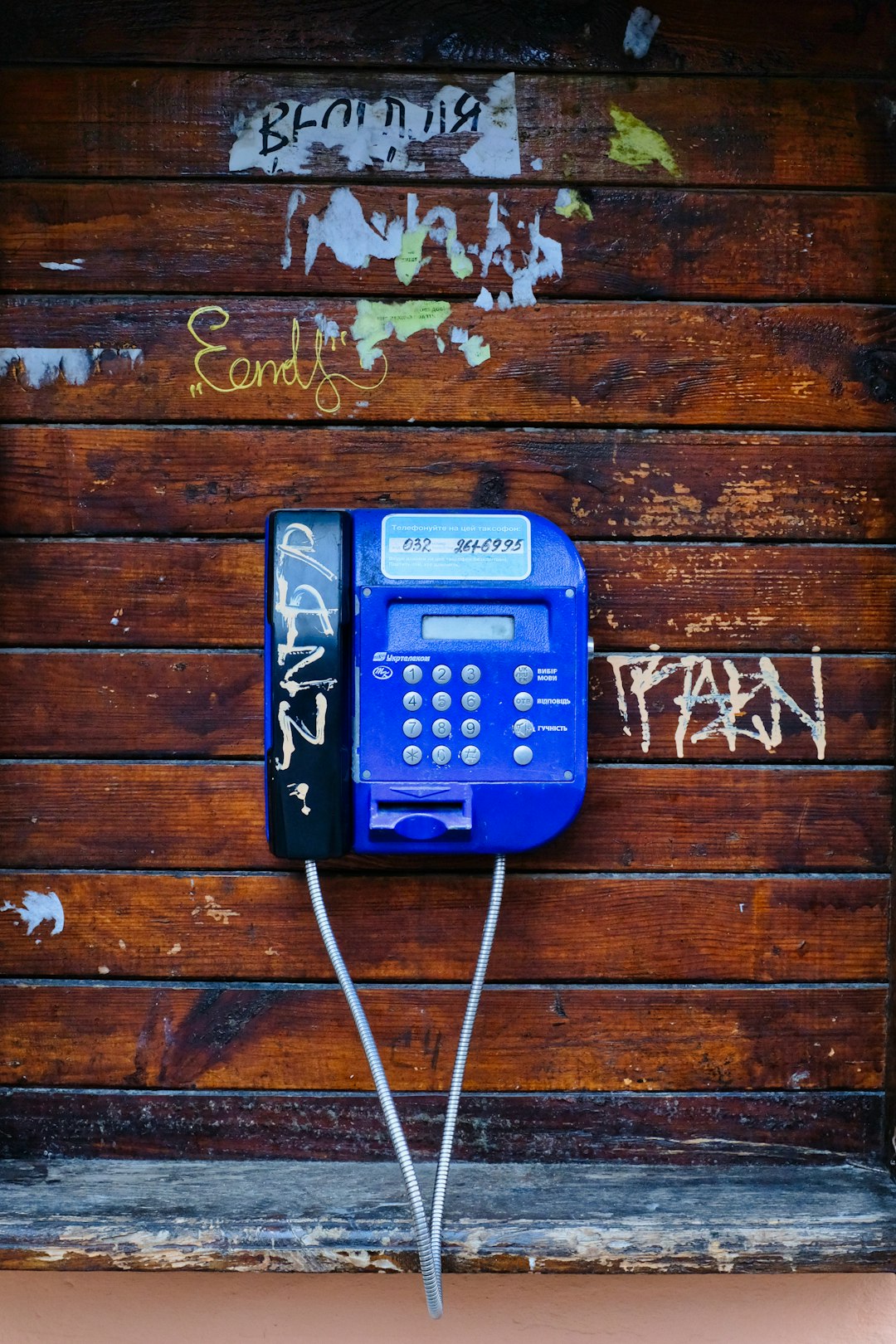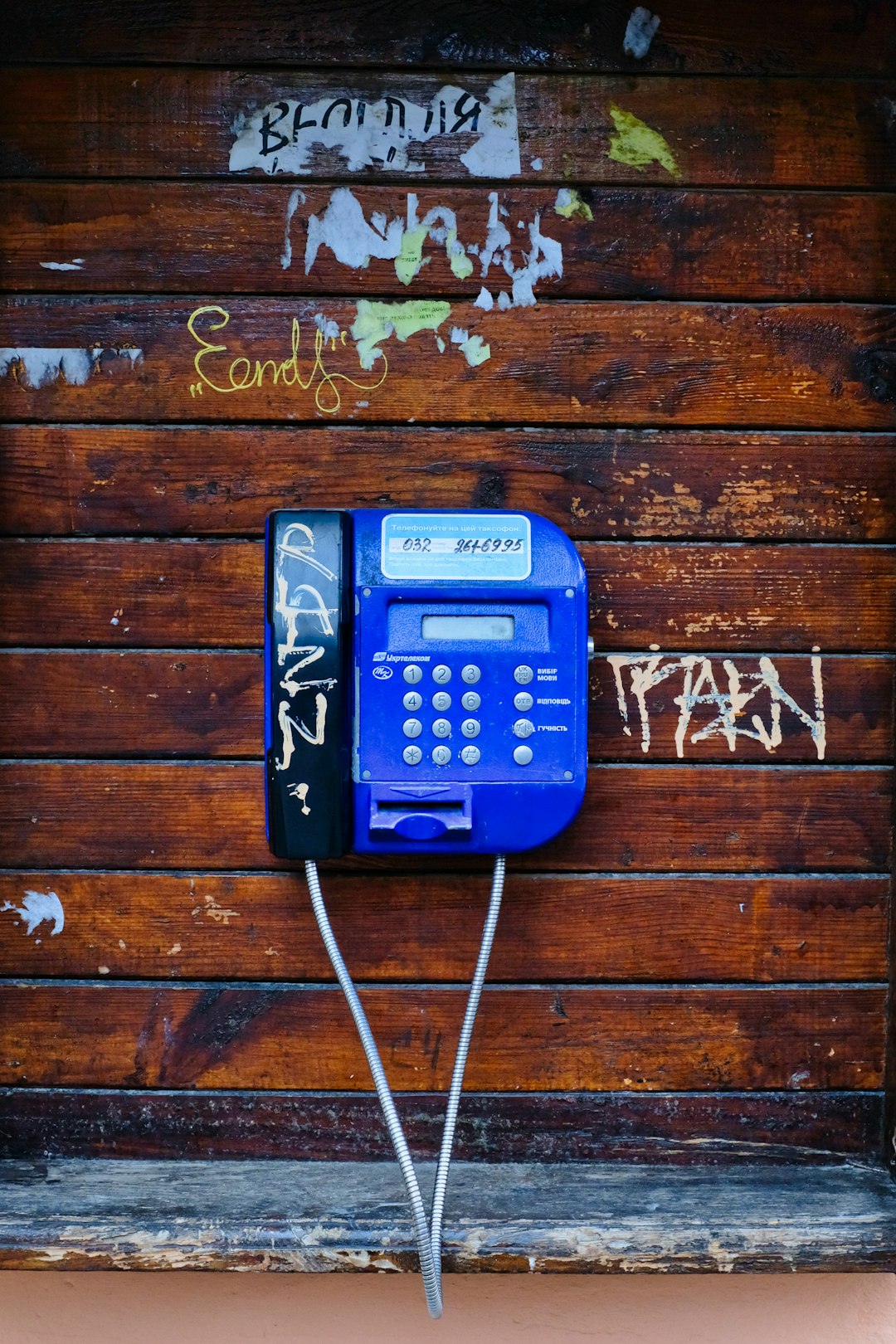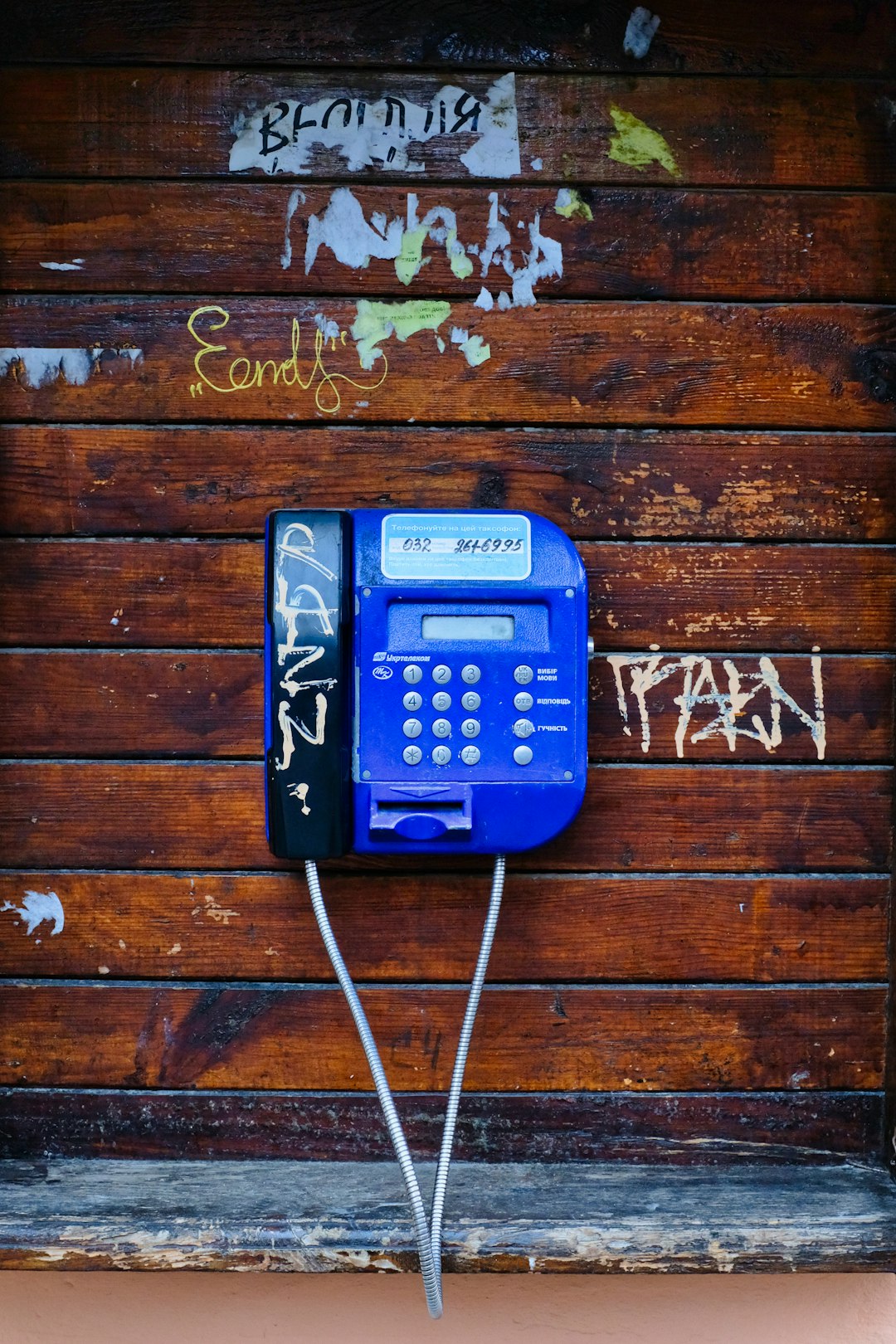Robocalls are a growing concern in New Hampshire, prompting legal action under the Telephone Consumer Protection Act (TCPA). Residents are empowered to combat this issue through immediate hanging up, documenting details, and reporting calls to authorities like the FTC or New Hampshire Attorney General's Office. Advanced technologies and anti-robocall apps, backed by robust state laws, offer additional protection. Registering on the Do-Not-Call registry and staying informed about updates from the FCC further safeguard against intrusive robocalls, ensuring a quieter environment in New Hampshire.
Tired of unwanted robocalls plaguing your New Hampshire home? You’re not alone. These automated calls, often illegal, are a growing nuisance. This guide explores effective methods to block robocalls in NH, delving into the legal framework governing them. Learn how to identify and report these calls, utilize anti-robocall tools, understand Do-Not-Call regulations, and stay informed about prevention strategies. By arming yourself with knowledge, you can reclaim control over your phone lines.
Understanding Robocalls and Their Legal Framework in New Hampshire

Robocalls, automated phone calls that deliver recorded messages, have become a ubiquitous and often unwanted part of daily life for many Americans. While some robocalls promote legitimate services or organizations, others are used for fraudulent activities such as identity theft and scams. In New Hampshire, like in many states across the country, there’s a legal framework in place to address this issue. The Telephone Consumer Protection Act (TCPA) serves as the primary legislation governing robocalls, ensuring that businesses must obtain explicit consent from consumers before placing automated calls for marketing purposes.
New Hampshire has specific regulations that align with the TCPA, further protecting residents from unwanted robocalls. These laws empower citizens to take action against persistent or illegal robocalls by filing complaints with state and federal regulatory bodies. Understanding these legal protections is crucial for New Hampshirites looking to defend their privacy and reduce the number of intrusive robocalls they receive.
Identifying and Reporting Robocalls to Relevant Authorities

In New Hampshire, identifying and reporting robocalls is a crucial step in combating this growing nuisance. Robocall laws in the state empower residents to take action against unsolicited automated calls. When you recognize a robocall, the first course of action is to hang up immediately. Then, document the caller’s phone number, the date and time of the call, and any specific messages or prompts heard. This information becomes vital when reporting the robocall.
New Hampshire residents can report suspected robocalls to relevant authorities, such as the Federal Trade Commission (FTC) or the New Hampshire Attorney General’s Office. The FTC offers tools and resources to help identify and block robocalls, while the Attorney General’s Office takes complaints seriously, using them to investigate and prosecute violators of robocall laws. By reporting these calls, individuals not only protect themselves but also contribute to a broader effort to make New Hampshire—and the nation—a safer place from unwanted automated telemarketing calls.
Utilizing Anti-Robocall Tools and Services Available in NH

In the battle against robocalls, New Hampshire residents have a powerful ally in the form of Anti-Robocall Tools and Services. The state has implemented robust legislation to combat these unwanted calls, known as the Robocall Laws, providing consumers with much-needed protection. Several service providers offer advanced technologies that identify and block robocalls at the network level, ensuring that residents’ phone lines remain clutter-free. These tools employ sophisticated algorithms to analyze call patterns, detect anomalies, and filter out suspicious numbers, offering a comprehensive defense against automated telemarketing calls.
Many of these services are easily accessible to New Hampshire folks, allowing them to take control of their communication. Users can sign up for dedicated anti-robocall apps or integrate third-party call-blocking software into their existing home phone systems. By leveraging these resources, residents can significantly reduce the frequency of robocalls they receive, fostering a safer and more peaceful communication environment in accordance with the state’s Robocall Laws.
Implementing Do-Not-Call Regulations Effectively

In an effort to combat the rising number of robocalls, New Hampshire has implemented strict Do-Not-Call regulations that residents can leverage to their advantage. These laws make it illegal for telemarketers to call numbers listed on the state’s Do-Not-Call registry. Effective implementation hinges on individuals actively registering their phone numbers and maintaining accurate lists. By doing so, they ensure that their privacy is respected and robocalls are significantly reduced.
Moreover, staying informed about local robocall laws is crucial. New Hampshire’s regulations offer a robust framework for blocking unwanted calls, but their effectiveness relies on widespread participation. Residents should be aware of their rights and responsibilities under these laws, such as the process of registering complaints against persistent robocallers. This collective action not only protects individuals from intrusive calls but also contributes to a quieter, more peaceful communication environment in the state.
Staying Informed: Recent Updates and Future Prevention Strategies

Staying up-to-date with recent updates and future prevention strategies is crucial in the ongoing battle against robocalls, especially in New Hampshire where strict robocall laws are in place to protect residents. The Federal Communications Commission (FCC) frequently introduces new regulations aimed at curbing these unwanted calls, such as do-not-call lists and enhanced caller ID technologies. By keeping abreast of these developments, individuals can leverage the latest tools and legal protections available.
Furthermore, future prevention strategies may involve advanced call-blocking technologies, machine learning algorithms that adapt to new robocall patterns, and increased collaboration between telecommunications providers and law enforcement agencies. Staying informed about these emerging trends ensures that New Hampshire residents are equipped with the most effective methods to block robocalls, safeguarding their privacy and peace of mind.






